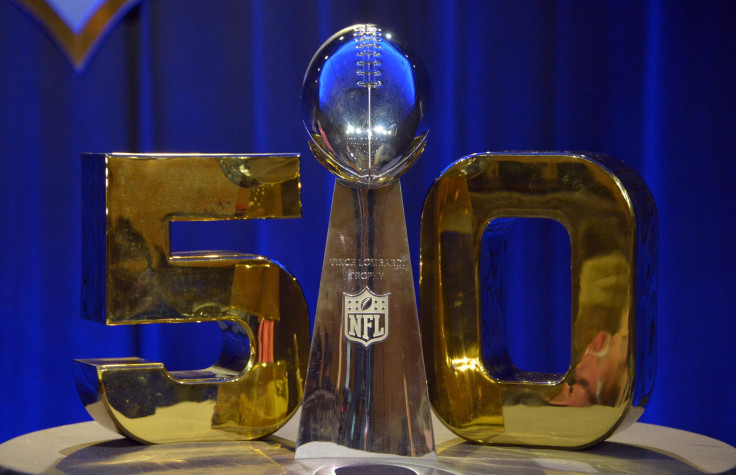Why Do Americans Call Football Soccer?

In the United States, there is only one football game that matters this weekend. But the Super Bowl is far from the only game of football on the minds of those around the world. Of course, it all depends on your definition of "football."
As a precursor to the Carolina Panthers and the Denver Broncos suiting up for Super Bowl 50 in San Francisco on Sunday, one of the biggest rivalries in the English Premier League will play out with Chelsea taking on Manchester United in London. The Premier League, of course, is the most watched league in world for football, or as it is known in the U.S. and some other countries, "soccer."
But just how did the two terms originate and why does there continue to be such animosity on both sides of the Atlantic to how they are applied?
To get the answers, you also need to go through another "football" which will be played this weekend: rugby football. In Europe, the biggest annual competition, the Six Nations will get underway, headlined by two of the oldest rivals in all sport, England and Scotland squaring off on Edinburgh.
While forms of football had been played, some primarily with the feet and others with hands, for hundreds of years in England, it wasn’t until the mid-19th century that rules were codified at Cambridge University. Soon after the first written laws formed the basis for those adopted upon the establishment of the Football Association in 1963.
Yet those who had played other variants of the game wanted something of their own. And thus the form of the game associated with Rugby School established its own rules and a sport known as rugby football was officially born. Still today, English rugby’s governing body is called the Rugby Football Union.
As sports economist Stefan Syzmanski details in his paper on the subject, the two titles of football were shortened for convenience and clarity. As was common at the universities of Oxford and Cambridge at the time “er” was added, giving “soccer” from “association” and “rugger” from “rugby.”
As the U.S. developed its own form of football, combining elements of both rugby football and association football, the term "soccer" was used to differentiate it from association football in the first decade of the 20th century.
Similar situations arose elsewhere in the world. In Ireland, because of Gaelic Football, and Australia, thanks to Australian Rules, the term soccer has been widely used for what the majority of the world calls football. However, in recent years, both Australia and neighboring New Zealand have made a deliberate attempt to shift away from “soccer” to “football.”
For several decades, though, even in Britain, the term “soccer” was an uncontroversial alternative to “football.” Yet its association with the U.S., a country perceived not to have any football heritage, saw many in Britain voice scorn at its usage. And as an increasing audience tunes into the Super Bowl on Sunday, many will mock the sport they are watching being referred to as “football,” not realizing that the term "soccer" in fact originated in their own country.
You say "soccer," I say "football,"but can’t we all just get along?
© Copyright IBTimes 2024. All rights reserved.











